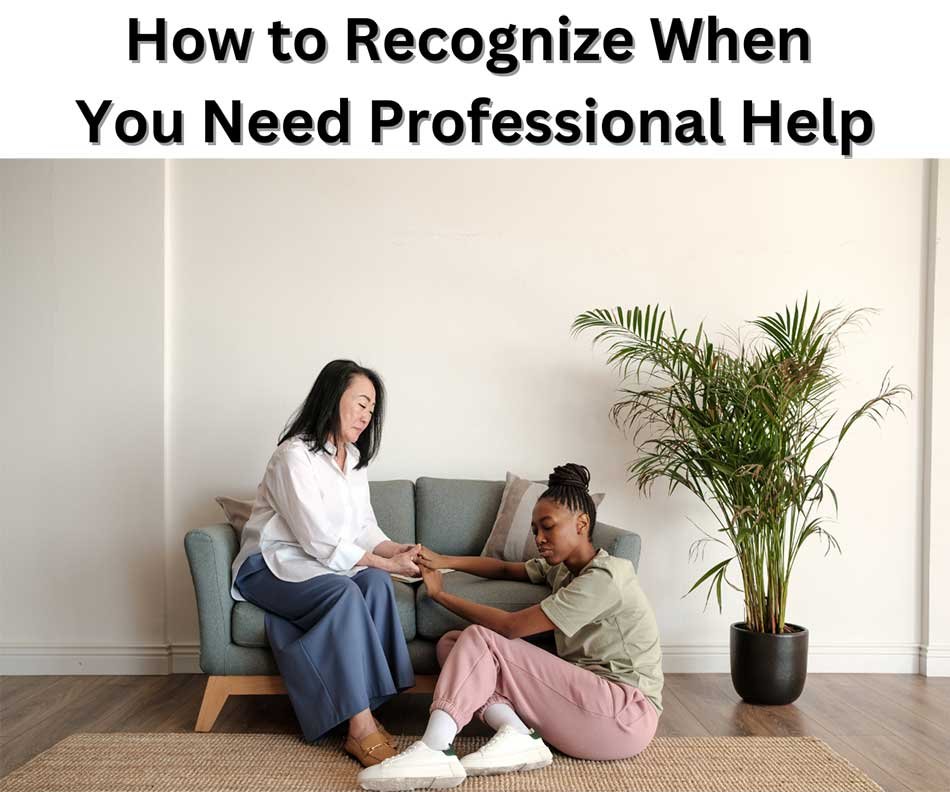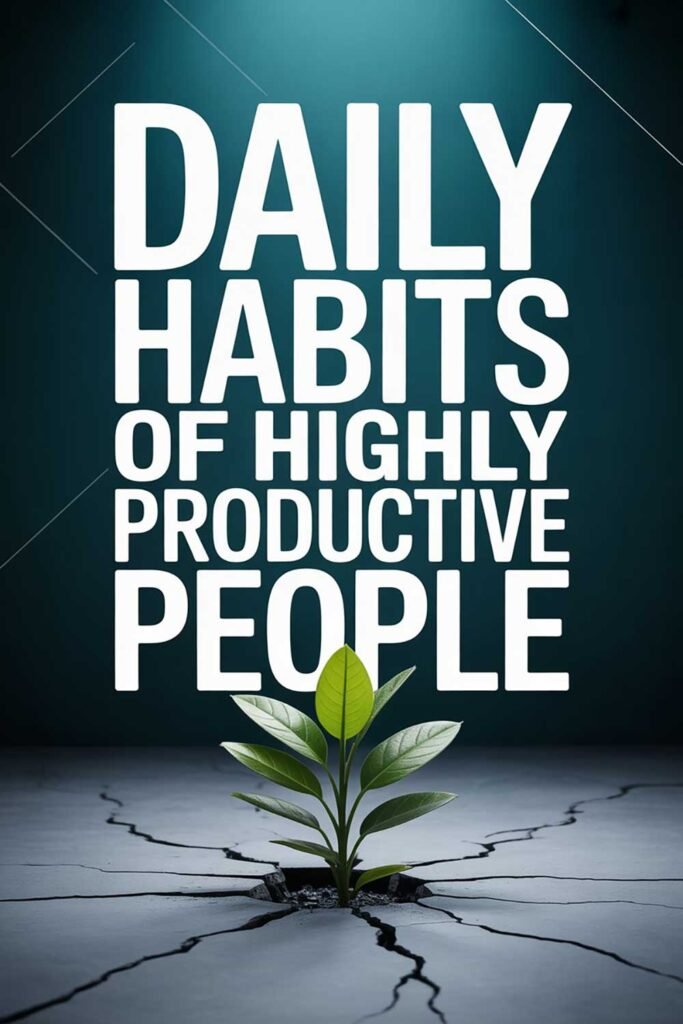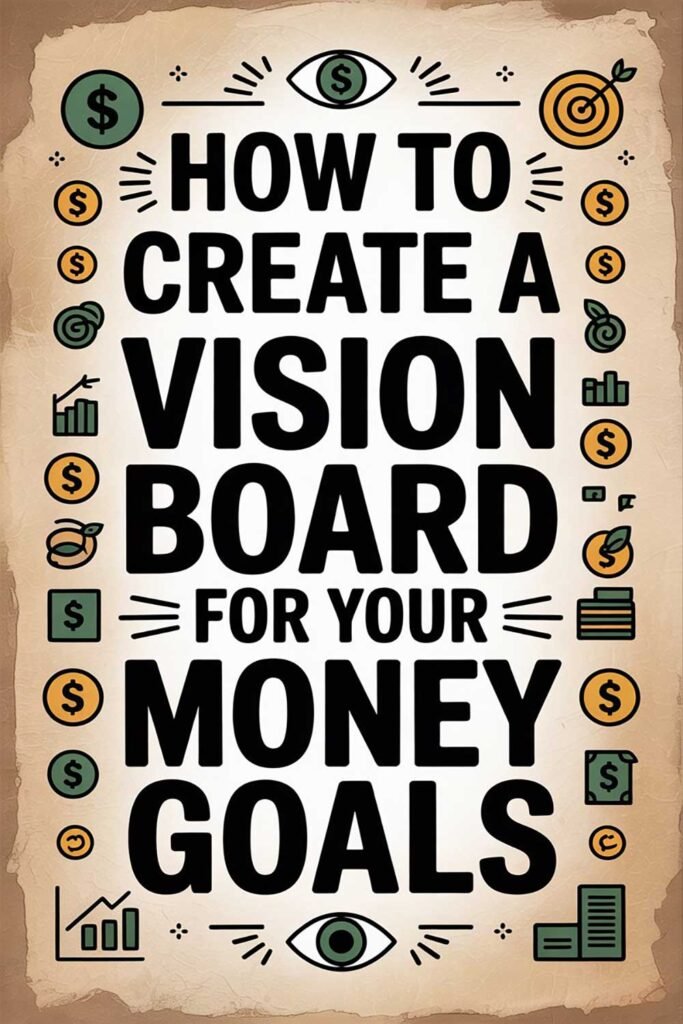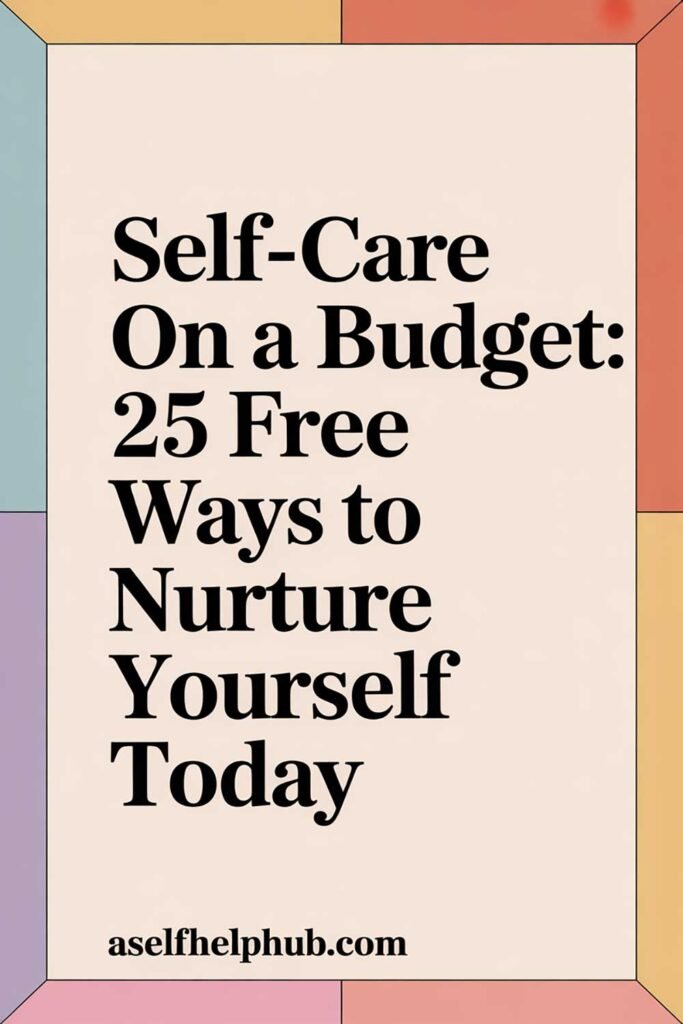
How to Recognize When You Need Professional Help
Life comes with its share of challenges, and it’s natural to feel overwhelmed at times. While many issues can be managed through self-care and support from loved ones, there are moments when seeking professional help is the best step forward. Recognizing when you need assistance is a sign of strength, not weakness—it shows self-awareness and a commitment to your well-being.
In this article, we’ll explore the signs that indicate it might be time to seek professional help and how to take that first step.

Why Seeking Professional Help Matters
Professional help offers a safe and supportive environment to address mental, emotional, or behavioral challenges. A trained therapist or counselor can:
- Provide tools and strategies to manage stress, anxiety, or depression.
- Help you navigate life transitions and relationship difficulties.
- Offer a fresh perspective and expert insights.
- Support your journey toward growth and healing.
Signs That You Might Need Professional Help
1. Persistent Feelings of Sadness or Hopelessness
If you’ve been feeling down for weeks or months without improvement, it’s essential to seek guidance. These feelings may indicate depression or a deeper issue that requires attention.
2. Intense Anxiety or Worry
When anxiety becomes overwhelming and interferes with your daily life, professional help can provide coping mechanisms and relief.
3. Difficulty Managing Anger or Emotions
Struggling to control your temper or experiencing frequent emotional outbursts might signal an underlying problem that therapy can address.
4. Changes in Sleep or Appetite
Sleeping too much or too little, or significant changes in your appetite, can be signs of mental health challenges like anxiety, depression, or stress.
5. Loss of Interest in Activities
If things that once brought you joy no longer feel enjoyable, it’s worth exploring why with a professional.
6. Strained Relationships
Frequent conflicts, communication breakdowns, or feelings of isolation may benefit from therapy, either individually or with loved ones.
7. Difficulty Functioning at Work or School
Struggling to focus, meet deadlines, or maintain productivity can be a sign of stress or burnout that needs addressing.
8. Using Substances to Cope
Relying on alcohol, drugs, or other substances to manage emotions or stress is a clear sign that professional support is necessary.
9. Experiencing Trauma or Grief
If you’ve been through a traumatic event or are navigating a significant loss, therapy can provide a safe space to process your feelings.
10. Thoughts of Self-Harm or Suicide
If you’re having thoughts of harming yourself, it’s crucial to seek immediate help. Reach out to a crisis hotline or a trusted professional without delay.
How to Take the First Step
1. Recognize the Need for Help
Acknowledging that you need support is the first and most important step.
2. Research Options
Look for licensed therapists, counselors, or support groups in your area or online. Consider their specialties to find someone who aligns with your needs.
3. Reach Out
Schedule an initial consultation to discuss your concerns and see if the professional is a good fit for you.
4. Involve Trusted People
Share your decision with close friends or family members who can provide encouragement and support.
5. Stay Open and Committed
Therapy is a process that takes time and effort. Be patient with yourself as you work toward healing and growth.
Picture This
Imagine facing life’s challenges with a renewed sense of strength and clarity. You’ve taken the courageous step to seek professional help, and with each session, you feel more empowered and equipped to navigate difficult emotions. Your relationships improve, your self-awareness deepens, and you begin to see possibilities where once there were only obstacles.
Taking that first step wasn’t easy, but it has transformed how you approach both struggles and triumphs. You’ve prioritized your well-being and taken control of your journey toward a brighter, more balanced life.






